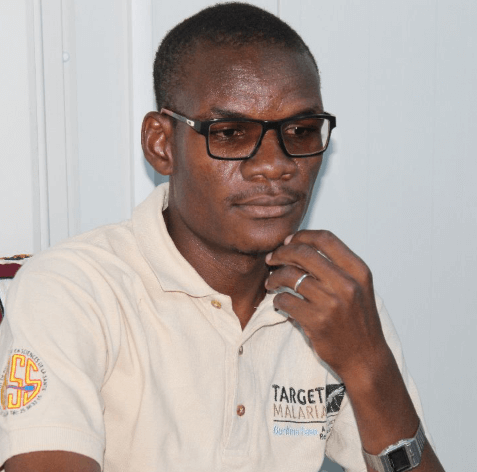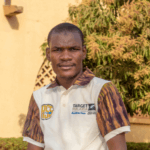Why does the development of innovative technologies require a strong community engagement in rural Africa?


While vector-borne diseases (VBDs) particularly malaria, remain a major cause of morbidity and mortality in sub-Saharan Africa, their burden particularly kills Africa’s youth, weakens the population as a whole and debilitates economies. Faced with these alarming facts, one of the strong recommendations of the World Health Organization (WHO) is the use of innovative technologies based on genetic engineering applied to the vectors of these diseases in order to offer a complementary tool to other methods already existing to effectively succeed in eliminating these diseases (Global Technical Strategy for Malaria 2016-2030).
Thus, in its official position on research involving genetically modified mosquitoes for the control of these vector-borne diseases, WHO strongly recommends strong and meaningful engagement of communities and other stakeholders. Indeed, such engagement is particularly important for area-wide control measures such as Genetically Modified Mosquitoes (GMMs), as the risks and benefits can affect large segments of the population. Meaningful engagement can also increase the effectiveness of vector research and control. Taking into account the voices of those who may have been under-represented in the past, including indigenous populations, is a priority for moving forward.
Community acceptance of an intervention is the key factor in its success. It is therefore in this perspective that Target Malaria places a particularly strong emphasis on issues of stakeholder engagement. These issues are one of the fundamental pillars for the consortium to achieve the project’s objectives. In Burkina Faso, where Target Malaria successfully released sterile male GM mosquitoes for the first time in the village of Bana in July 2019, engagement activities with resident communities started in 2012 and have been fundamental to achieving this ultimate milestone.

I recently defended my Anthropology PhD thesis based on the work I conducted for Target Malaria in Bana, which focuses on the contribution of community engagement activities up until the release of genetically sterile male modified mosquitoes in this community.
My Anthropology thesis on “Representations and social rationales of local stakeholders within the context of Target Malaria project in Bana, Burkina Faso” is a qualitative approach based on 8 months of intensive fieldwork in this locality. It provides a wealth of information about the research activities carried out by the Target Malaria teams of the Institut de Recherche en Sciences de la Santé (IRSS). The engagement work has helped bring out the communities’ conceptions and knowledge of the concepts of: “scientific research”; “genetically modified mosquitoes”, in this case the “sterile male” mosquito; “entomological research”, etc. It also provides insights into the perceptions and rationale of the communities involved in entomological research activities.
Key lessons from my thesis
- Entomological activities of mosquito collection and mark-release-recapture are important to inform communities – who didn’t know mosquitoes could be captured – about the role of mosquitoes as vectors;
- The concept of scientific research is new to local communities and needs to be translated in local languages accurately;
- Explaining how to genetically modify mosquitoes to make them sterile was well communicated as a tool to fight malaria;
- Trust is the main rationale for the community to welcome research activities to take place within its environment;
- Engagement activities with local communities is a prerequisite for achieving the objectives of the Target Malaria project in Burkina Faso.
The growing interest in innovative technologies for VBDs elimination added to the results found in this Anthropology PhD thesis gave rise to my ambition to develop more expertise in the field of public engagement in the vast area of emerging technologies. This expertise can deeply help me bring a significant contribution in finding solutions to main African public health challenge like malaria, and build a body of research for leaders in Africa.
For more information:
Barry, N., Toé, P., Paré Toé, L. et al. Motivations and expectations driving community participation in entomological research projects: Target Malaria as a case study in Bana, Western Burkina Faso. Malar J 19, 199 (2020). https://doi.org/10.1186/s12936-020-03277-7
Thizy D, Emerson C, Gibbs J, Hartley S, Kapiriri L, Lavery J, et al. (2019) Guidance on stakeholder engagement practices to inform the development of area-wide vector control methods. PLoS Negl Trop Dis 13(4): e0007286. https://doi.org/10.1371/journal.pntd.0007286
